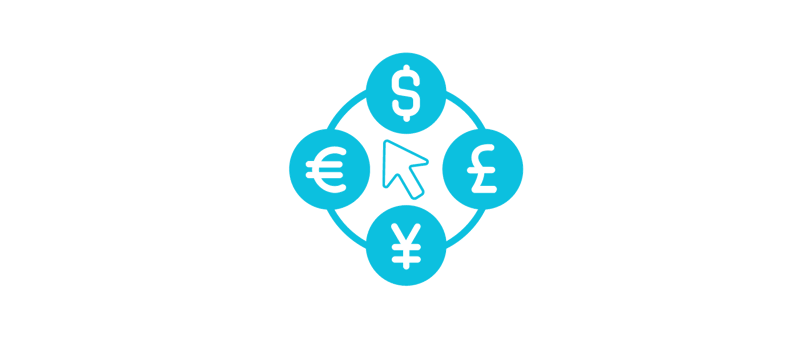How Pay-Per-Click (PPC) Actually Works
PPC advertising allows businesses to target specific audiences through keyword bidding, providing immediate traffic and measurable ROI, making it a powerful tool for enhancing online visibility and driving growth.
7/13/20242 min read


Pay-per-click (PPC) advertising has revolutionized digital marketing by offering businesses a highly effective way to attract targeted traffic and achieve measurable results. Here’s a detailed look at how PPC works and why it's an invaluable strategy for businesses:
1. Targeted Advertising: PPC allows businesses to target their ads to specific audiences based on demographics, interests, and online behaviors. Keywords play a crucial role; advertisers bid on relevant keywords related to their products or services. When users search for these keywords on search engines like Google, or when they browse websites that display ads (like through Google Display Network), the ads appear, ensuring they reach potential customers at the right moment.
2. Cost Control: One of the standout features of PPC is its cost-effectiveness and control. Advertisers only pay when a user clicks on their ad, hence the term "pay-per-click." This means businesses can set daily or campaign budgets, ensuring they never exceed their allocated advertising spend. Additionally, PPC platforms provide detailed analytics and reporting, allowing businesses to monitor spending and adjust strategies based on performance metrics.
3. Immediate Results: Unlike organic search engine optimization (SEO) that can take time to yield results, PPC campaigns can generate immediate traffic to a website. This makes PPC an ideal choice for businesses looking to quickly increase visibility, promote new products or services, or drive seasonal promotions.
4. Measurable ROI: PPC provides clear, measurable results, allowing businesses to track every aspect of their campaigns. Metrics such as clicks, impressions, conversions, and costs per conversion are readily available, providing insights into the effectiveness of each ad and keyword. This data enables advertisers to optimize campaigns, refine targeting strategies, and maximize return on investment (ROI).
5. Flexibility and Customization: PPC offers flexibility in ad formats and customization options. Advertisers can create text ads, display ads, video ads, or shopping ads depending on their goals and target audience. They can also tailor ad copy, landing pages, and targeting parameters to align with specific campaign objectives, ensuring maximum relevance and impact.
6. Competitive Advantage: In competitive industries, PPC allows businesses to gain a competitive edge by outbidding competitors on high-value keywords or strategically targeting niche markets. Advertisers can continuously refine their strategies based on competitor analysis and market trends, maintaining visibility and relevance in the digital landscape.
7. Remarketing Opportunities: PPC platforms offer remarketing capabilities, allowing businesses to re-engage users who have previously visited their website but did not convert. Remarketing ads can remind potential customers about products they viewed, encourage them to complete a purchase, or promote special offers, effectively nurturing leads through the sales funnel.
In conclusion, PPC advertising is a powerful tool for businesses seeking targeted traffic, immediate results, and measurable ROI. By leveraging the precision of keyword targeting, cost control, and analytical insights, businesses can effectively optimize their digital marketing efforts and achieve sustained growth in today's competitive marketplace.
ADDRESS
298 Gray's Inn Road, London, WC1X 8DX,
England, United Kingdom
